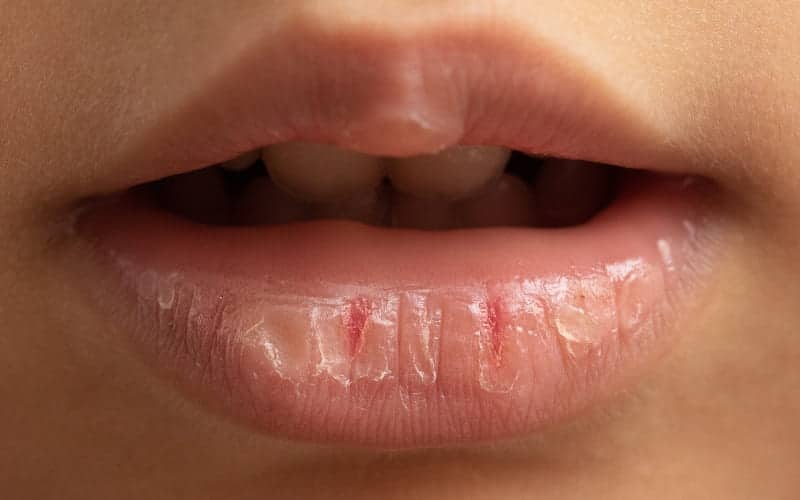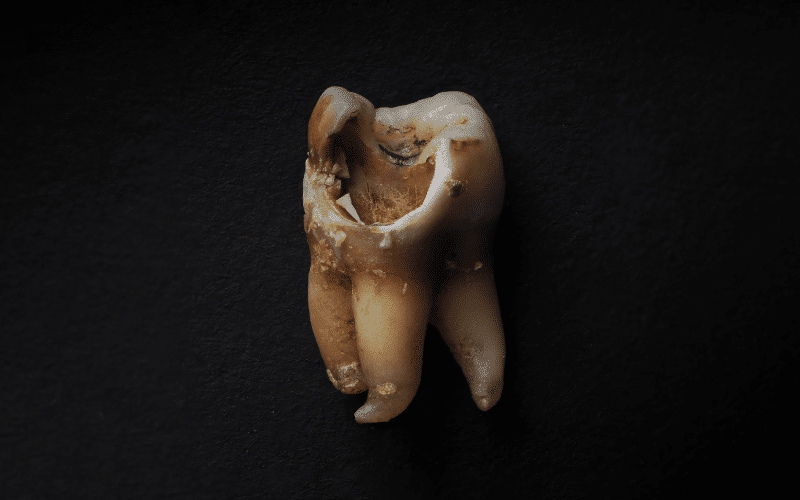
Smoking significantly impacts oral health, manifesting in various detrimental effects. The repercussions are profound, from discoloration of teeth and persistent bad breath to heightened risks of gum disease and tooth loss. Tobacco use diminishes saliva production, impeding the mouth’s natural cleansing mechanism and fostering bacterial growth.
Moreover, smoking compromises blood flow to the gums, hindering their ability to repair and defend against infections. Chronic smokers often experience delayed healing after dental procedures and are more susceptible to oral cancers. Understanding these consequences underscores the critical importance of tobacco cessation interventions in preserving oral health and overall well-being.
How Smoking Affects Oral Tissues?
Smoking affects oral tissues in several ways:
1. Gum Disease: Smoking weakens the immune system and reduces blood flow to the gums, making smokers more susceptible to gum disease (periodontitis). It also interferes with the function of gum tissue cells, impairing their ability to heal.
2. Tooth Decay: Smoking can cause tooth decay by supporting the spread of harmful bacteria in your mouth. It also increases plaque buildup on teeth, which can lead to cavities.
3. Tooth Loss: Gum disease and tooth decay, exacerbated by smoking, are the leading causes of tooth loss among smokers.
4. Oral Cancer: Smoking is a major risk factor for various oral cancers, including those of the lips, tongue, cheeks, and throat. The carcinogens in tobacco smoke damage the cells in oral tissues, increasing the likelihood of cancerous growth.
5. Delayed Healing: Smoking impairs blood flow and reduces oxygen levels in tissues, leading to delayed wound healing after oral surgeries, extractions, or other dental procedures.
Overall, smoking significantly compromises the health of oral tissues, increasing the risk of various oral health problems and decreasing the body’s ability to heal from them.
Common Oral Health Problems Linked to Smoking
A. Periodontal (Gum) Disease: Smoking weakens the immune system and reduces blood flow to the gums, increasing the risk of gum disease. It can cause gums to recede, teeth to become loose, and ultimately lead to tooth loss.
B. Oral Cancer: Smoking is a primary risk factor for oral cancers, affecting the lips, tongue, cheeks, and throat. The carcinogens in tobacco smoke damage oral tissues, leading to the development of cancerous lesions.
C. Tooth Decay and Tooth Loss: Smoking contributes to plaque buildup, leading to tooth decay and cavities. Additionally, it compromises gum health, increasing the likelihood of tooth loss due to gum disease.
D. Bad Breath and Stained Teeth: Smoking causes dry mouth and leaves tar and nicotine residue on teeth, leading to persistent bad breath and unsightly stains.
E. Delayed Healing After Dental Procedures: Smoking impairs blood flow and reduces oxygen levels in tissues, slowing the healing process after oral surgeries, extractions, or other dental treatments.
Benefits of Quitting Smoking for Oral Health
1. Improved Gum Health: Quitting smoking reduces the risk of gum disease and allows gums to heal, leading to healthier gums and a reduced likelihood of gum recession and tooth loss.
2. Reduced Risk of Oral Cancer: Ceasing tobacco use lowers the risk of developing various oral cancers, decreasing the likelihood of cancerous lesions in the mouth, throat, and other oral tissues.
3. Fresher Breath and Whiter Teeth: Quitting smoking eliminates tobacco-related bad breath and prevents further teeth staining, resulting in fresher breath and a brighter, more attractive smile.
4. Enhanced Healing After Dental Procedures: Without the harmful effects of smoking, oral tissues can heal more efficiently, leading to faster recovery after dental surgeries, extractions, or other treatments.
5. Overall Oral Health Improvement: Quitting smoking promotes oral health by reducing the risk of tooth decay, gum disease, oral infections, and other tobacco-related oral health problems, ultimately leading to a healthier mouth and improved quality of life.
Wrap Up!
In conclusion, smoking poses significant risks to oral health, including gum disease, oral cancer, tooth decay, bad breath, and impaired healing after dental procedures. These adverse effects highlight the urgent need for smokers to prioritize their oral health. Smokers must recognize the detrimental impact of tobacco on their mouths and take proactive steps to quit smoking.
By quitting, individuals can mitigate these risks and experience improvements such as healthier gums, fresher breath, and reduced likelihood of oral diseases. Raising awareness about smoking cessation is vital not only for oral health but also for overall well-being.
Encouraging smokers to seek support, access resources, and make informed choices can lead to better oral health outcomes and contribute to a healthier society. Let’s prioritize oral health and work together to create a smoke-free future for everyone. Visit Ortega Cottage Dentistry and seek immediate dental advice and say no to smoking to preserve your oral health! Book your appointment slots today!





